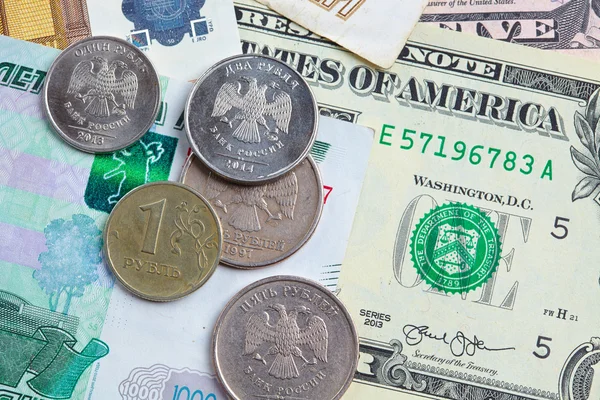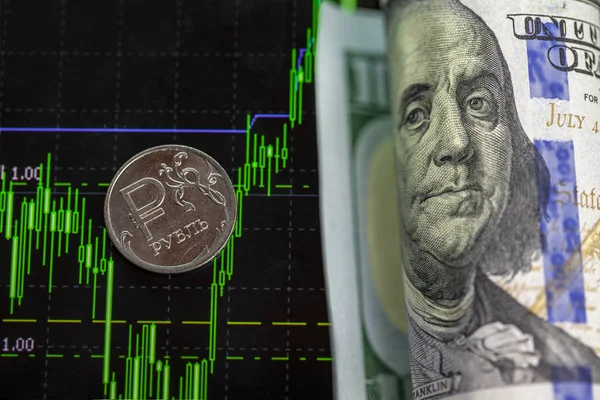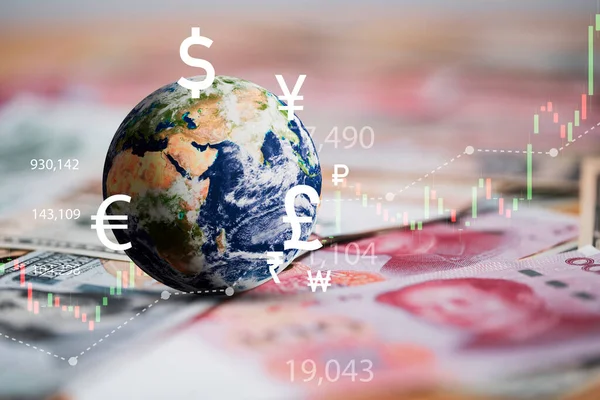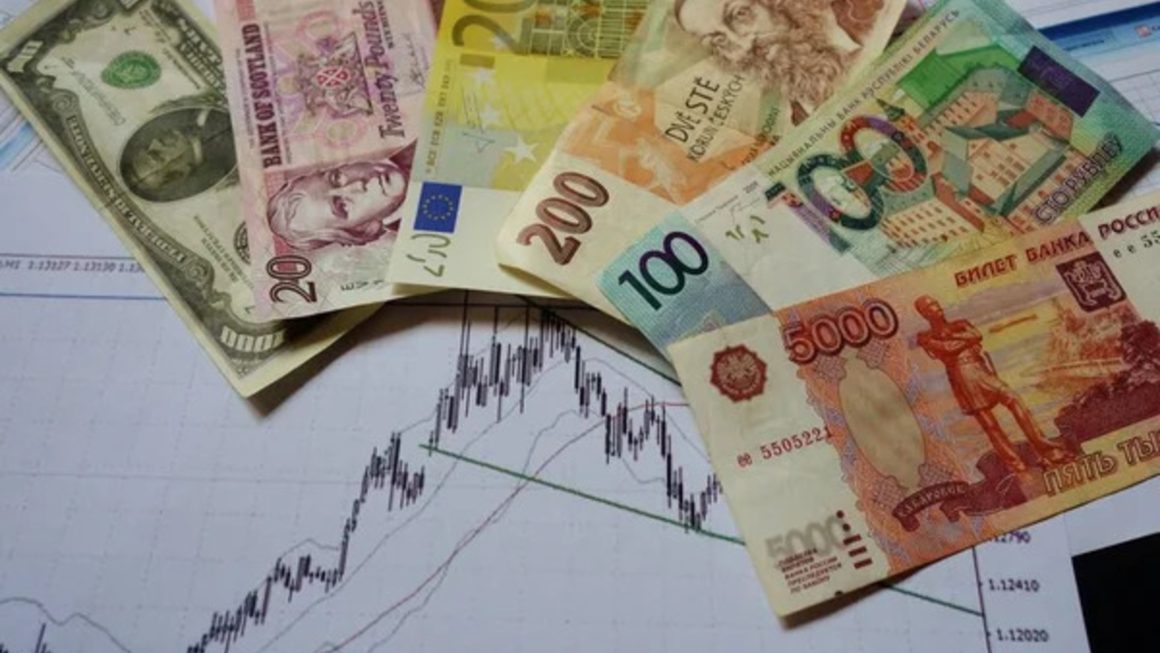Forex reserves, also known as foreign exchange reserves, are assets held by a country’s central bank in foreign currencies. These reserves play a crucial role in maintaining economic stability and are a key indicator of a country’s ability to meet its external obligations. In this article, we will explore why forex reserves are essential for economic stability, how they impact exchange rates, and the benefits of maintaining adequate reserves.
The Importance of Forex Reserves

Forex reserves serve as a financial cushion for a country in times of economic uncertainty or crisis. They provide a buffer against external shocks such as sudden changes in global trade conditions, fluctuations in commodity prices, or capital outflows. Having sufficient reserves can help a country weather financial crises, maintain confidence in its currency, and ensure smooth functioning of its economy.
Role of Forex Reserves in Economic Stability

Forex reserves are a critical component of a country’s overall economic stability. They help stabilize the exchange rate, provide liquidity in times of need, and support the credibility of the central bank. Countries with adequate reserves are better equipped to withstand economic downturns, attract foreign investment, and maintain access to international capital markets. In times of crisis, reserves can be used to defend a country’s currency or repay external debt obligations.
How Forex Reserves Impact Exchange Rates

One of the key functions of forex reserves is to influence exchange rates. Central banks can intervene in the foreign exchange market by buying or selling currencies to stabilize the value of their own currency. By using reserves to support the exchange rate, central banks can help prevent excessive volatility and maintain confidence in the currency. This in turn promotes stability in the broader economy and encourages investment.
Benefits of Maintaining Adequate Forex Reserves

Maintaining adequate forex reserves offers several benefits for a country’s economy. These include:
- Providing a financial safety net during times of crisis
- Supporting the stability of the currency and exchange rate
- Enhancing confidence in the economy and attracting foreign investment
Strategies for Building and Managing Forex Reserves

Central banks employ various strategies to build and manage forex reserves effectively. These may include diversifying the composition of reserves, setting clear guidelines for reserve management, and engaging in prudent risk management practices. Additionally, central banks may use tools such as currency swaps, forward contracts, and reserve pooling arrangements to optimize the use of reserves.
Global Implications of Forex Reserve Levels

The level of forex reserves held by a country can have global implications. Countries with substantial reserves are seen as more financially stable and are often viewed favorably by international investors and credit rating agencies. On the other hand, countries with low reserves may be more vulnerable to external shocks and face challenges in attracting foreign investment. The comparison table below highlights the forex reserve levels of select countries:
| Country | Forex Reserves (USD billions) |
|---|---|
| China | 3,214 |
| Japan | 1,311 |
| India | 629 |
| United States | 144 |
In conclusion, forex reserves are a vital component of a country’s economic stability. They serve as a safeguard against external shocks, play a key role in maintaining exchange rate stability, and offer a range of benefits for the overall economy. By implementing sound strategies for building and managing reserves, countries can enhance their financial resilience and position themselves for long-term prosperity in the global economy.


“Financial safety net during times of crisis” – this phrase really captures the essence of why forex reserves are so crucial, especially given recent global economic uncertainties.
The importance of forex reserves in attracting foreign investment cannot be overstated. Investors are always looking for stability, and ample reserves seem to be a good indicator of that.
‘Central banks can intervene in the foreign exchange market by buying or selling currencies.’ This active role is something I hadn’t considered before but makes sense as a way to maintain economic equilibrium.
The comparison table of forex reserve levels was very helpful for understanding how different countries stack up against each other. It’s a clear, concise way to present that data.
It’s interesting to see the stark contrast in reserve levels between countries like China and the United States. It really puts into perspective the varying approaches to economic stability across the globe.
I appreciate how the article breaks down complex economic concepts into understandable language. The impact of forex reserves on exchange rates is now much clearer to me.
I found the part about how forex reserves can be used to stabilize a country’s currency during economic downturns particularly insightful. It’s like having a savings account for a rainy day, but for an entire nation.
Currency swaps and forward contracts sound like useful tools for central banks managing their foreign exchange reserves. It shows there’s more sophistication involved than just stockpiling cash.
The strategies for managing forex reserves mentioned here are quite prudent. Diversification and clear guidelines seem essential in order to minimize risks and ensure that reserves serve their intended purpose effectively.
Maintaining adequate forex reserves seems like a balancing act – having too little can be risky, but I wonder if there are downsides to holding too much?